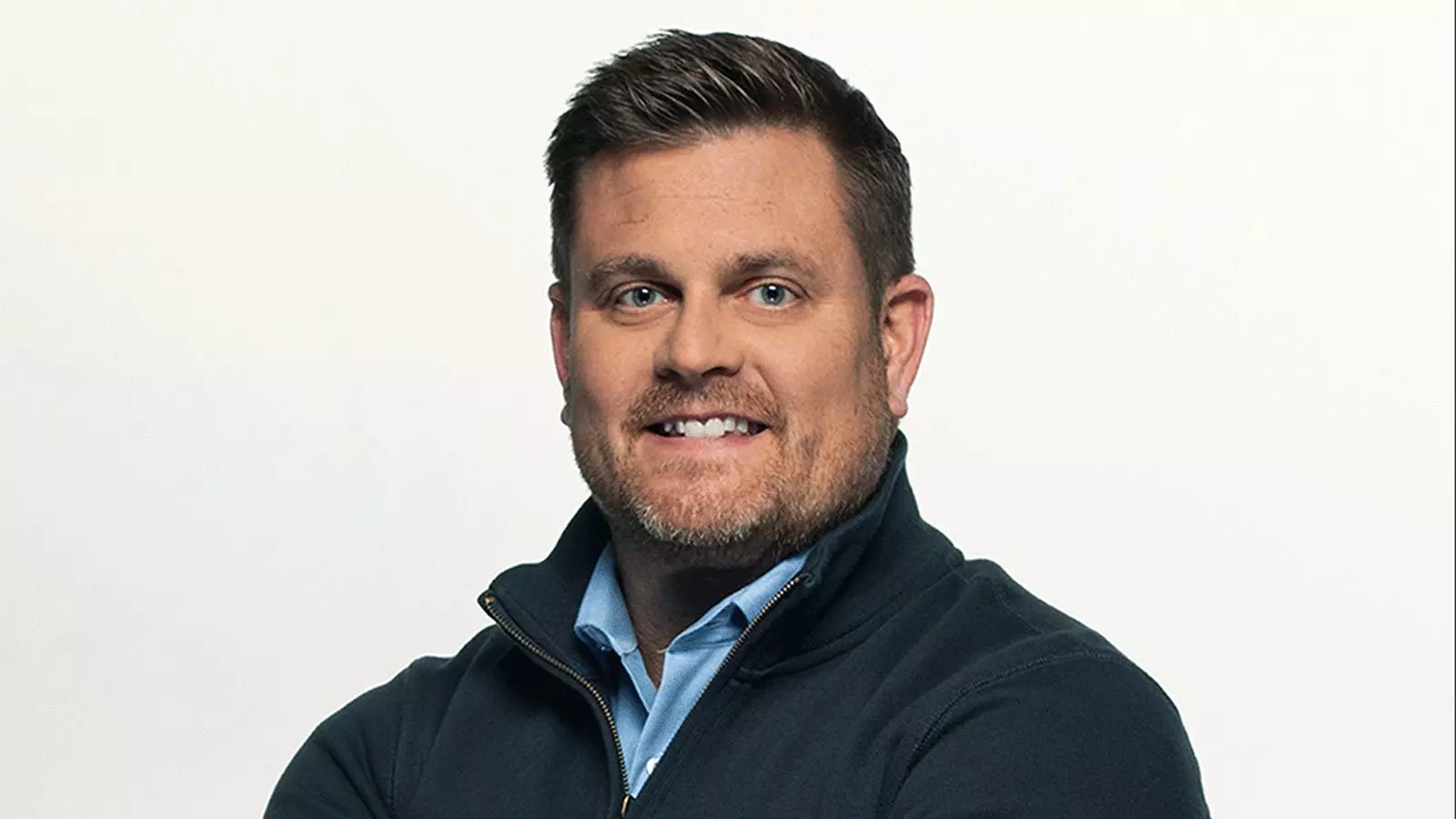The world of healthcare is often complex, with influential figures making critical decisions that impact millions of lives. Recently, the tragic death of Brian Thompson, CEO of UnitedHealthcare, has thrown not only the company but also the broader healthcare landscape into the limelight. While his role has always been vital within this multi-billion dollar industry, his name was largely overshadowed by the moniker of the parent company’s more public-facing CEO, Andrew Witty. Thompson’s unexpected death has drawn attention to his contributions and the weight of his responsibilities, alongside the call for an examination of leadership roles in large organizations.
A Quiet Force in a Turbulent Industry
Brian Thompson’s journey in the healthcare sector began over two decades ago as a certified public accountant, a career path that equipped him with the financial acumen necessary for navigating the intricate world of health insurance. Despite a stellar career that culminated in his leadership of UnitedHealthcare since 2021, his name was unfamiliar to most outside the industry. The irony of influencing the health and well-being of a staggering 49 million Americans while remaining relatively anonymous serves as a salient reminder of how executive roles often work behind the scenes.
Under Thompson’s stewardship, the company took significant strides to redefine American healthcare, particularly with a transition toward “value-based care.” This model focuses on preventive measures rather than reactive treatments, advocating for a healthcare system where patients are kept healthy rather than treated once they become unwell. In a speech, Thompson poignantly emphasized the necessity of simplifying the healthcare process for families, admitting that navigating it alone can be daunting. His vision was to create a system that not only treated illnesses but fundamentally improved the overall health of Americans.
While Thompson’s leadership style was forward-thinking, it was not without its controversies. The announcement of a plan to deny coverage for what could be deemed non-critical visits to emergency rooms raised significant eyebrows. Critics argued that such a policy could deter patients from seeking necessary emergency care, putting lives at risk due to the financial implications tied to their health decisions. Thompson reacted to this avalanche of criticism by delaying the rollout of the plan, showcasing the delicate balancing act executives must perform in decision-making – weighing costs against potential health outcomes.
This incident underscores a fundamental dilemma in healthcare: the disparity between corporate decisions and individual patient needs. While companies like UnitedHealthcare operate within stringent financial frameworks, the ramifications of their policies can resonate profoundly on personal and community levels. Thompson, caught in the web of these complex decisions, illustrated the challenges inherent in healthcare management, reminding industry leaders that their choices extend far beyond mere bottom lines.
The Ripple Effect of Tragedy
Brian Thompson’s untimely death has prompted a significant outpouring of grief and reflection within the healthcare community. The implications of his assassination extend beyond his familial relations; they ripple through the entire sector, challenging both employees and executives to reassess their roles and the impact of their everyday decisions. The ordeal illustrates an unsettling reality wherein the leaders responsible for overseeing healthcare for millions can also become targets of violence.
The investigation into the motives behind the shooting has sparked conversations regarding safety in corporate leadership and the pressures that accompany high-stakes positions. Additionally, it raises questions about how society perceives those in charge and the potential threats they face, whether due to business decisions or personal conflicts. The police inquiry into Thompson’s background reflects not only a desire to find justice but also a search for understanding that might help prevent future tragedies.
As UnitedHealthcare navigates its strategy in the aftermath of Thompson’s death, it stands at a crossroads. Thompson’s vision for healthcare reform remains relevant, and the challenge will be to honor his legacy while addressing the pressing concerns of patients and healthcare practitioners alike. The commitment to simplifying healthcare access and enhancing patient trust must continue, particularly in light of the events that have unfolded.
Ultimately, Brian Thompson’s story serves as a crucial reminder of the complexities of leadership within the health insurance sector. His contributions to reshaping the industry and his tragic end offer a poignant narrative about the importance of empathetic leadership in healthcare—one that bridges the gap between corporate interest and patient care, advocating for a model driven by compassion rather than just profitability. As the industry moves forward, the lessons learned from Thompson’s life and tenure will undoubtedly shape the future of healthcare in America.


Leave a Reply